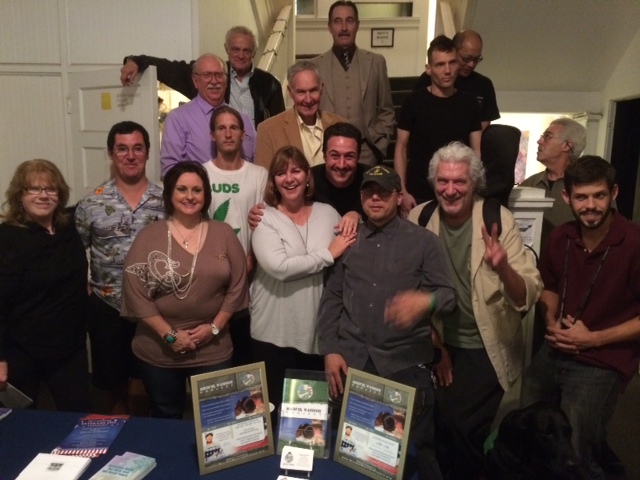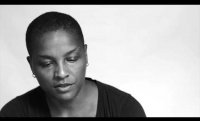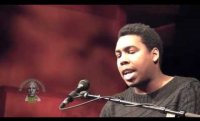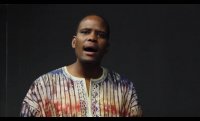Leilani Squire's poetry and short shorts have been published in magazines including the Sun, Eclipse, and Gentle Strength Quarterly. She has been a featured poet with the Valley Contemporary Poets, Alex Frankel’s Second Sunday Series, and at Beyond Baroque, and is at work on her first novel. Squire facilitates creative writing workshops for veterans at the Greater Los Angeles Veteran’s Hospital, Wellness Works in Glendale, California, and online for bookscover2cover. She is the senior editor of Returning Soldiers Speak: An Anthology of Prose and Poetry by Soldiers and Veterans (Bettie Youngs Books, 2013) and is the founder and director of the annual event Returning Soldiers Speak: An Evening of Prose and Poetry, a venue for veterans and soldiers from different wars and conflicts to read their poetry and prose to the community.

I began working with veterans four-and-a-half years ago, with the goal of helping them write about their experiences so that they can heal from the wounds of war; and for those who haven’t been on the battlefield, to begin the process of integrating back into society after their military experience. I facilitate creative writing workshops and work with veterans from the Korean War through Operation Enduring Freedom.
On November 8th, the fifth annual Returning Soldiers Speak: An Evening of Prose and Poetry reading was held at Beyond Baroque in Venice, California. People from all sectors of society and from Los Angeles, San Diego, and Riverside counties, came to hear the veterans read. Veterans from Arkansas, Oceanside, the Mojave Desert, and Los Angeles read their prose and poetry.
The reading began with a letter written during the Korean War by a Navy Seaman deployed on an aircraft carrier telling about the birth of his daughter. Then, stories of the Vietnam War were told: how photos were not taken out of respect for the dead, how a corpsman was embedded with the Marines doing humanitarian work in Vietnamese villages, the gritty reality check of a soldier humping through treacherous Ashau Valley, and of another soldier loading bombs into an airplane. As I listened to the Vietnam veterans read, I sensed I was witnessing something extraordinary. I was in the presence of combat soldiers, who lived in and through war. And their stories touched something primordial within. It was an honor.
The audience was grateful for the breadth of humor that followed, with stories about how to survive in the jungle, the benefits of boot camp, and the lighter, satirical side of being a woman in the military. Others spoke about more recent events. Two combat veterans read about their experiences during the Gulf War. A woman veteran read an excerpt from her memoir about how her superior officer repeatedly raped her and how she kept silent for fear of being dishonorably discharged. The Operation Iraqi Freedom generation read about the challenges of posttraumatic stress disorder, suicide, and what it means to come home and integrate back into society.
One of our favorite readers from Returning Soldiers Speak, James Mathers, passed away this summer. A conscientious objector during the Vietnam War read a short piece called “Poet Time” written by Mathers. The last sentence goes: “If we’ve got any poets out there, now’s the time to step up.” These words were an inspiration and validated the evening’s event by giving the veterans and the audience, permission to write and tell their stories. It was a perfect way to end the reading.
For the first time, because of the generosity of Poets & Writers, Returning Soldiers Speak was able to give the veteran-writers a stipend for reading. We gathered on the staircase in Beyond Baroque’s foyer. I announced their names like roll call and distributed their checks. They were so grateful and proud. And so was I.
Photo: Leilani Squire (at left) with P&W–supported readers from Returning Soldiers Speak. Credit: Chuck Smallwood.
Major support for Readings & Workshops in California is provided by the James Irvine Foundation. Additional support comes from the Friends of Poets & Writers.










